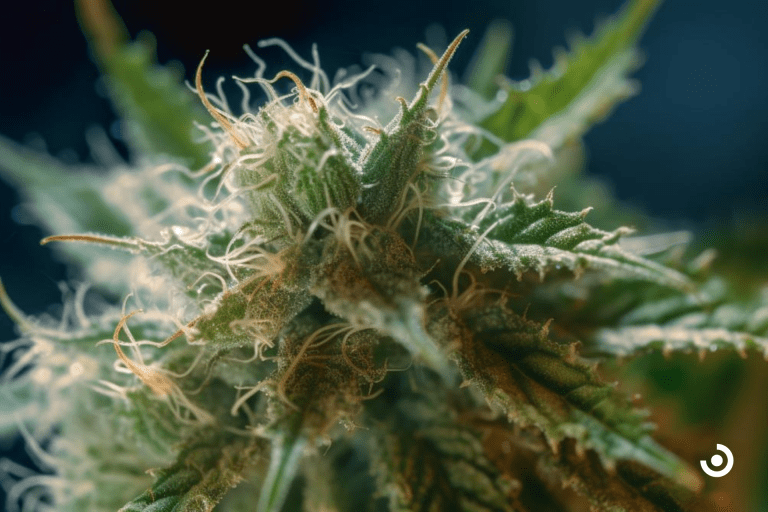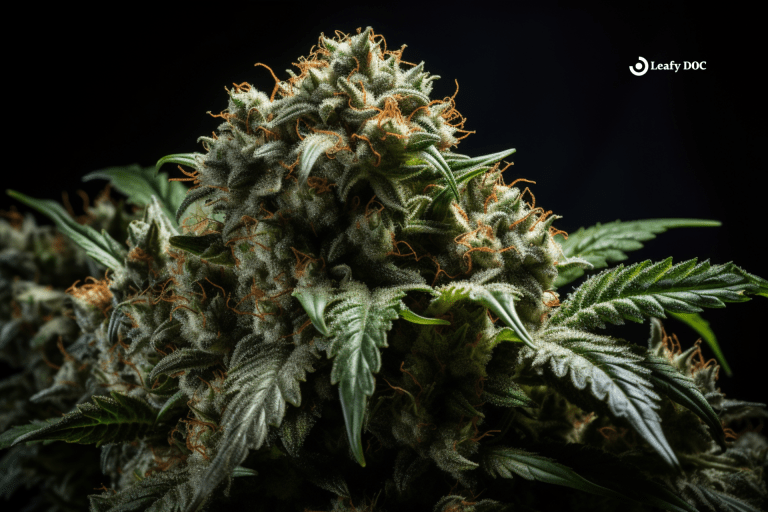Meningitis
Can medical cannabis help with meningitis symptoms? Read below to learn more about potential treatment options.
What is Meningitis?
Meningitis is an inflammation of the membranes that protect and cover the brain and spinal cord. A bacterial or viral fluid infection in these areas typically causes swelling. Brain injuries, cancer, certain medications, and other conditions can cause meningitis. The specific cause of meningitis is essential to find before treatment is administered.
What are the Symptoms?
Common symptoms of meningitis include:
- Fever
- Headache
- Nausea and vomiting
- Stiff neck
- Light Sensitivity
- Confusion
- Joint Pain
- Drowsiness
- Seizures
Common Symptoms for children include:
- Fever
- High-pitched cry
- Pale or blotchy skin
- Loss of appetite
- Vomiting
- Fussiness
- Continuous arching of the back
- Very Sleepy
Causes of Meningitis
Viral meningitis is rarely life-threatening and can be caused by various viruses spread between people by coughing, sneezing, or poor hygiene. Mosquitoes and ticks are also thought to spread these viruses. Doctors can help viral meningitis with antiviral medicines, but a natural, full recovery is typical.
Bacterial meningitis is rare but can be deadly. Bacteria may spread through coughing and kissing and can cause meningitis. There are four types:
Neisseria meningitis. This is a common cause of bacterial meningitis in children. Respiratory droplets and close contact spread it. Meningococcal meningitis occurs most often in the infant stage but may also occur in students who live in college dorms.
Streptococcus pneumonia. This is the most common and severe form of bacterial meningitis, especially for those with weak immune systems.
Haemophilus influenza type b. Haemophilus influenza type b vaccine has dramatically decreased the number of cases in the U.S. Children without access to the vaccine are at a higher risk of Haemophilus meningitis.
Listeria monocytogenes. This type is a cause of meningitis in infants, pregnant women, people over age 60, and those with a weak immune system. Rarely, fungus or tuberculosis can cause meningitis.
Types of Meningitis
Bacterial Meningitis
Meningitis caused by bacteria can be fatal and requires medical attention. Vaccines can help to protect against some types of bacterial meningitis.
Viral Meningitis
Meningitis caused by a virus is often less severe than bacterial meningitis but needs to be treated. People with healthy immune systems usually get better independently. There are also vaccines to prevent some types of viral meningitis.
Fungal Meningitis
Meningitis caused by fungi is rare, but people with certain medical conditions, like diabetes, cancer, or HIV, are at higher risk of getting it by inhaling mold spores.
Parasitic Meningitis
Various parasites can cause meningitis or affect the brain and nervous system, but they are much less common.
Amebic Meningitis
Primary amebic meningoencephalitis (PAM) is a rare and debilitating brain infection caused by Naegleria fowleri, a microscopic ameba living in warm water and soil.
Non-Infectious Meningitis
Sometimes cancers, lupus, medications, head injury, or brain surgery can cause meningitis.
Risk Factors
Age, environmental factors, recent travel, and underlying health conditions can increase the risk of meningitis.
Those with a higher risk include:
- Seventy percent of bacterial meningitis cases affect children under age five.
- A weakened immune system from living with HIV or cancer, receiving an organ or bone marrow transplant, or if you’re on certain medications.
- College Dorm living
- CSF leak in the spine
- Spleen damage or removal
- Live or travel to places where infectious diseases causing meningitis are common.
- Chronic nose and ear infections, pneumococcal pneumonia, or a blood infection.
- Head injury, traumatic brain injury (TBI), or spinal cord injury.
- Sickle cell disease.
- Alcohol use disorder.
Diagnosis
Along with a medical history review and a physical exam, the doctor may perform one of the following tests:
- Lumbar puncture (aka spinal tap). A needle is inserted into the lower back and spinal canal around the spinal cord. Doctors can measure the pressure in the spinal canal and brain through A small amount of cerebral spinal fluid (CSF) that is removed and tested for infection. CSF is the fluid that lubricates the brain and spinal cord.
- Blood testing. Blood is collected and tested for infections.
- Computed tomography scan (aka CT or CAT scan). X-rays and a computer are used to make images of the body. A CT scan shows any body part, including bones, muscles, fat, and organs.
Treatment Options
Meningitis treatment may include:
- Bacterial meningitis. IV antibiotics are used to treat bacterial meningitis. The sooner the treatment is started, the better the results. Steroids can help treat infants and children, but this treatment is used less often in adults. Dexamethasone, a steroid, may be given in some cases of bacterial meningitis to decrease the inflammatory response.
- Viral meningitis. Viral meningitis treatment is usually meant to relieve symptoms. Besides the herpes simplex virus, there are no medicines to treat viral meningitis. Sometimes antiviral medications are used to treat other particular types.
Can Medical Marijuana Help?
Medical marijuana is commonly found to possess significant anti-inflammatory and antioxidant properties, which can help with chronic pain management reasonably quickly. Cannabinoid receptors bind to the brain and peripheral nerve cells and help regulate how you see and feel the pain to reduce symptoms. Medical cannabis, therefore, as opposed to other drugs, appears to be an excellent alternative to treat and manage pain due to inflammation.
Recent studies from medicine and health sciences professionals suggest that certain cannabis products may effectively treat an overactive immune system. It can connect with the cannabinoid receptors of the body to combat the proinflammatory t-cell responses needed. It has been used to treat rare skin conditions, Crohn’s disease, neuropathic pain, particularly autoimmune disease, inflammatory bowel disease, acute psychosocial stress, and many other conditions.
“CBD can bind to receptors in the human body that are part of the cannabinoid system, called the endocannabinoid system, that can influence pain, itch, and mechanisms of inflammation,” Dr. Friedman says. “We know that when CBD binds to the cannabinoid receptor type 2 and other receptors, it can be involved in not just anti-inflammatory activity, but it can become the chemical messenger to facilitate an array of activities that resolve inflammation. It can stimulate the secretion and recruitment of skin cells important for removing debris and proper skin maturation and healing.”
Meningitis develops due to swelling around the brain and spinal cord. It is a condition that could directly benefit from medical cannabis, notable for its anti-inflammatory effects.
Last Updated: June 14, 2024
Get Your Medical Card
Connect with a licensed physician online in minutes
Table of Contents
Keep Reading
-
Exploring The Role Of Terpenes In Cannabis For Pain Relief
Are you tired of living with pain? Learn how terpenes in cannabis can provide powerful relief. Click now to uncover nature’s secret weapon for a pain-free life!
-
The Top 7 Medical Cannabis Strains Of All Time
Uncover the game-changing power of the top medical cannabis strains! Experience unmatched pain relief and relaxation with these revolutionary strains. Click here to elevate your cannabis experience today!
-
Understanding The Genotypes And Phenotypes Of Cannabis
Discover the hidden world of cannabis genetics! Learn about the difference between genotypes and phenotypes, and unravel the mysteries behind each strain. Click here to unlock the secrets of cannabis now!



